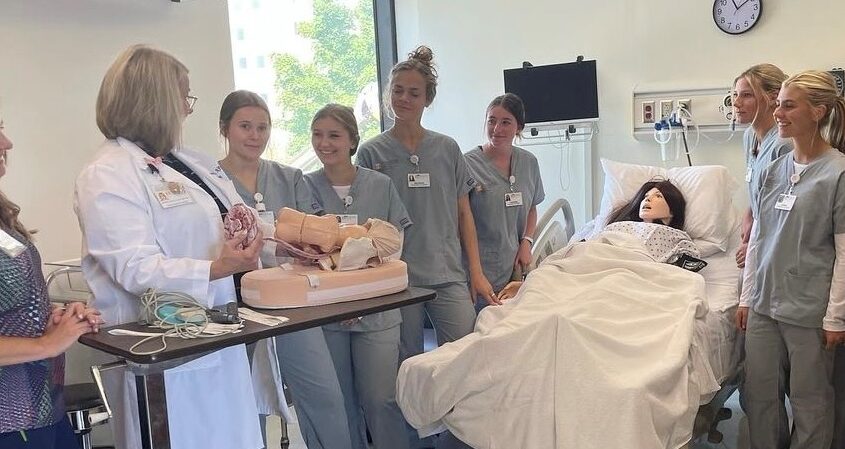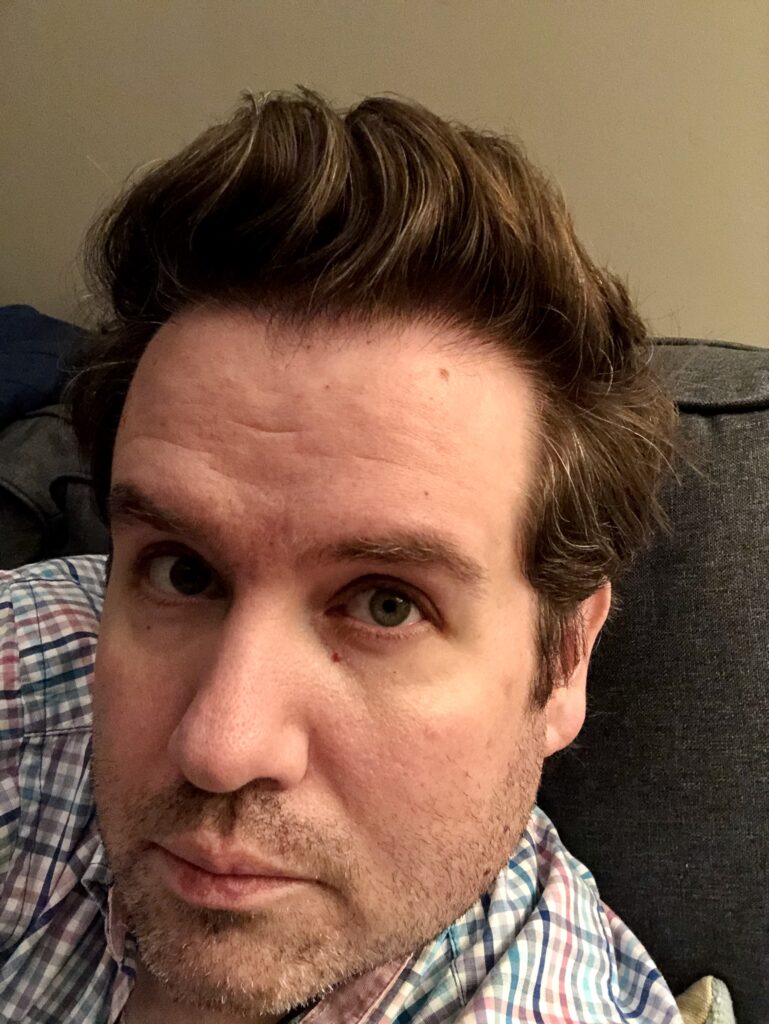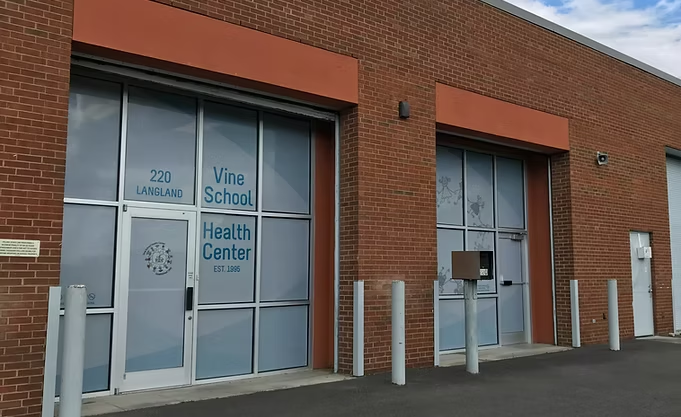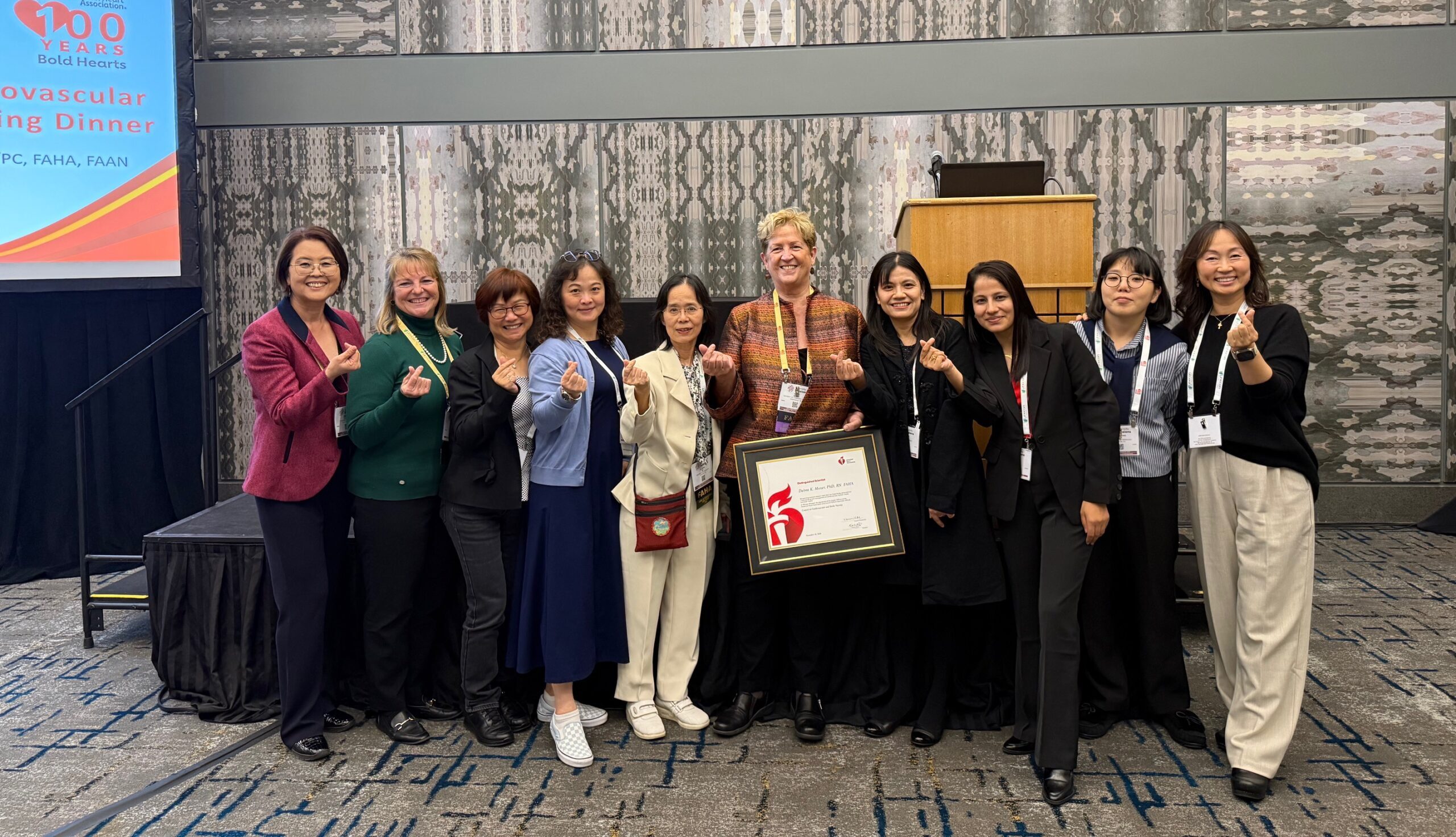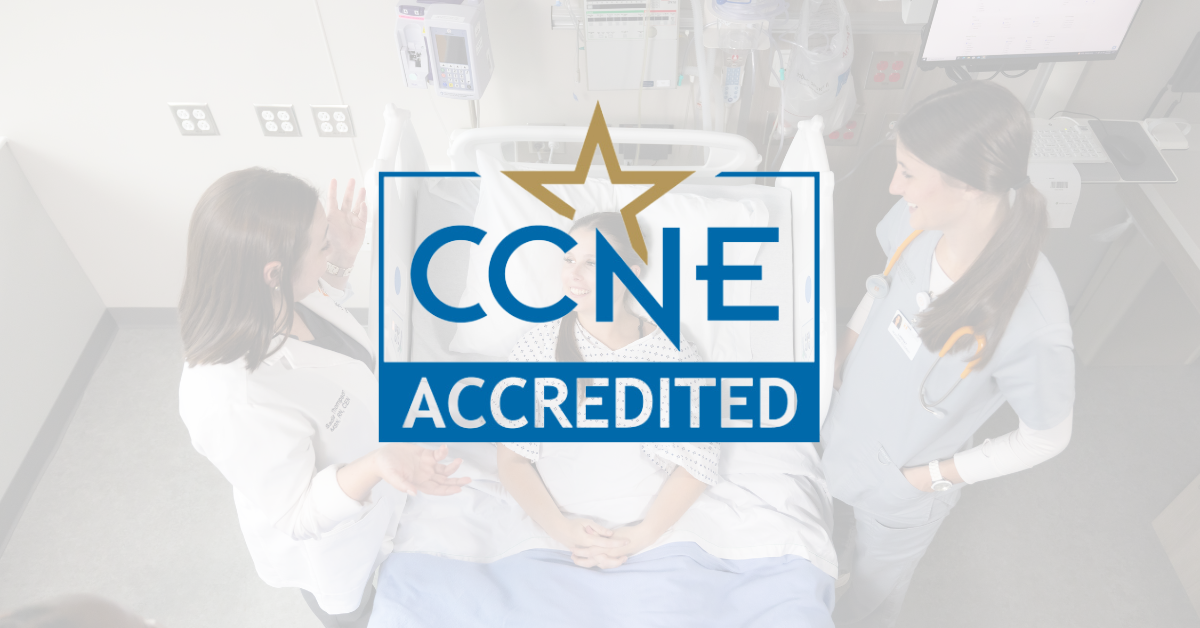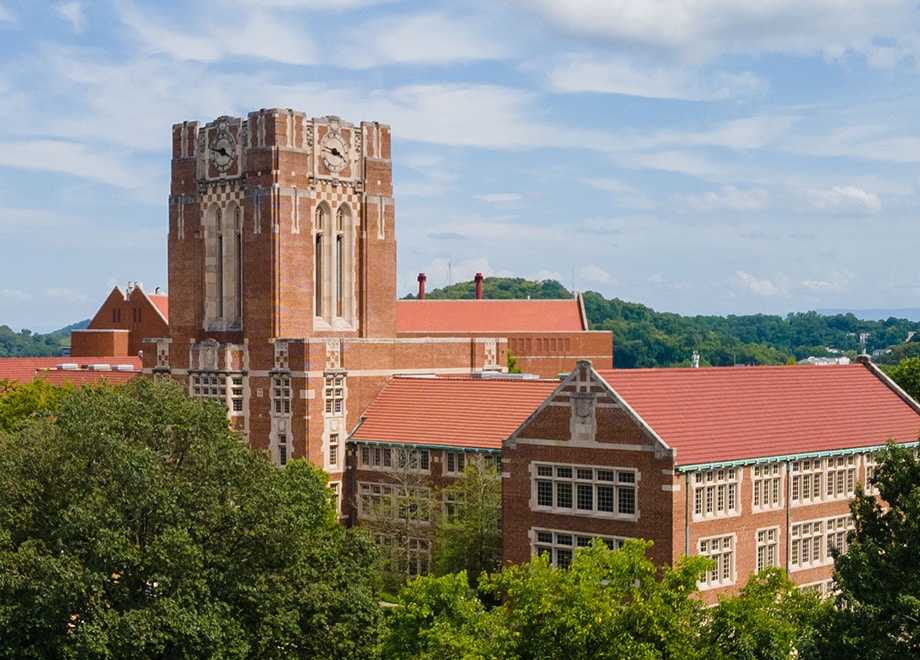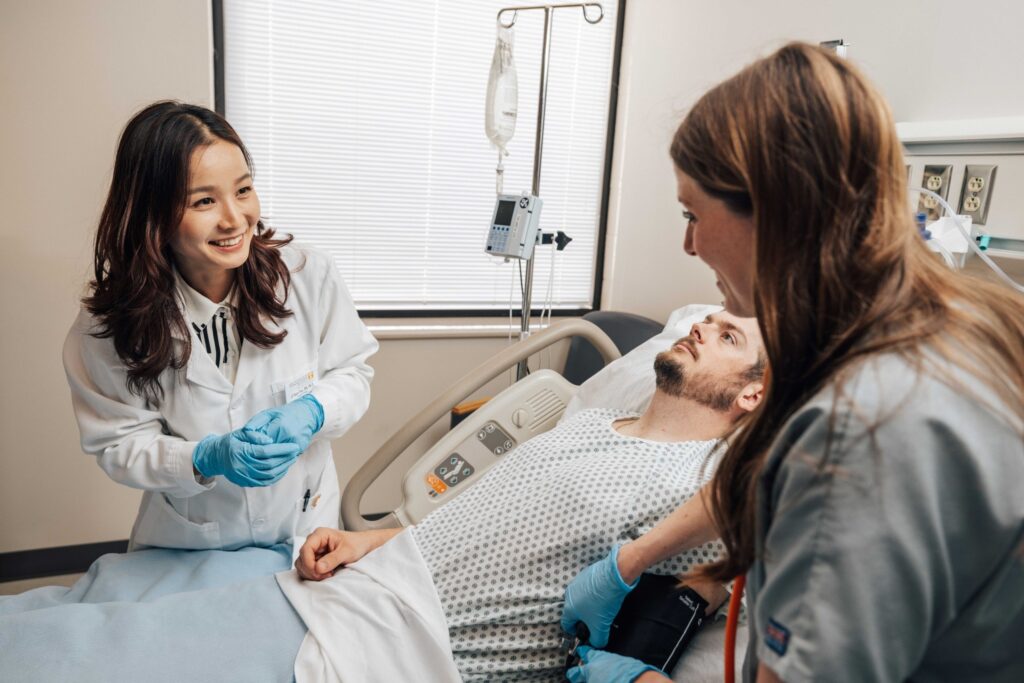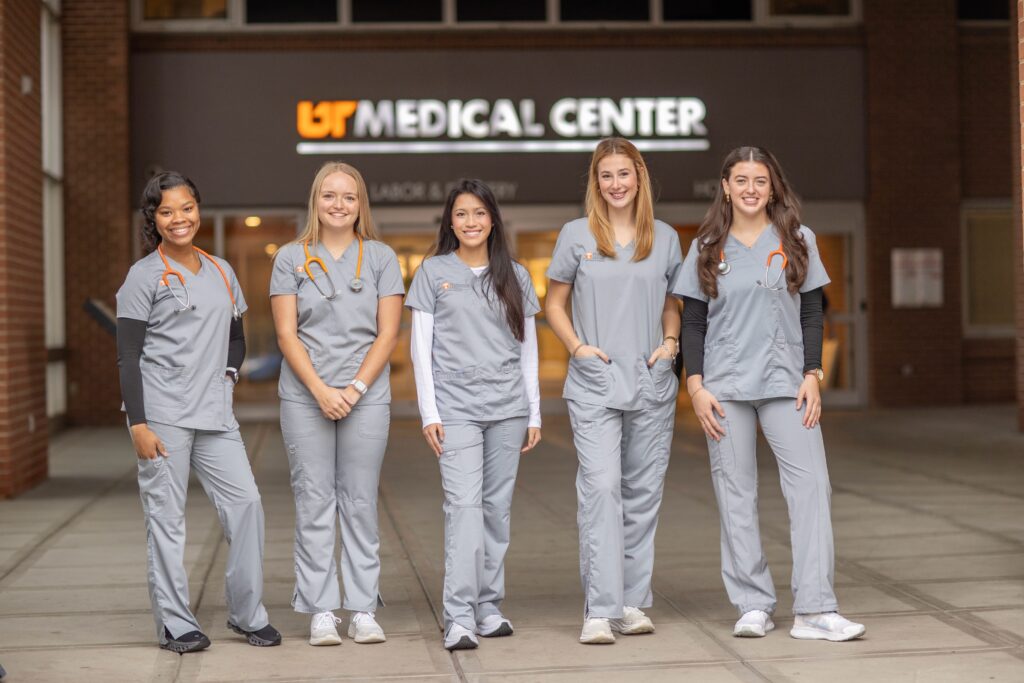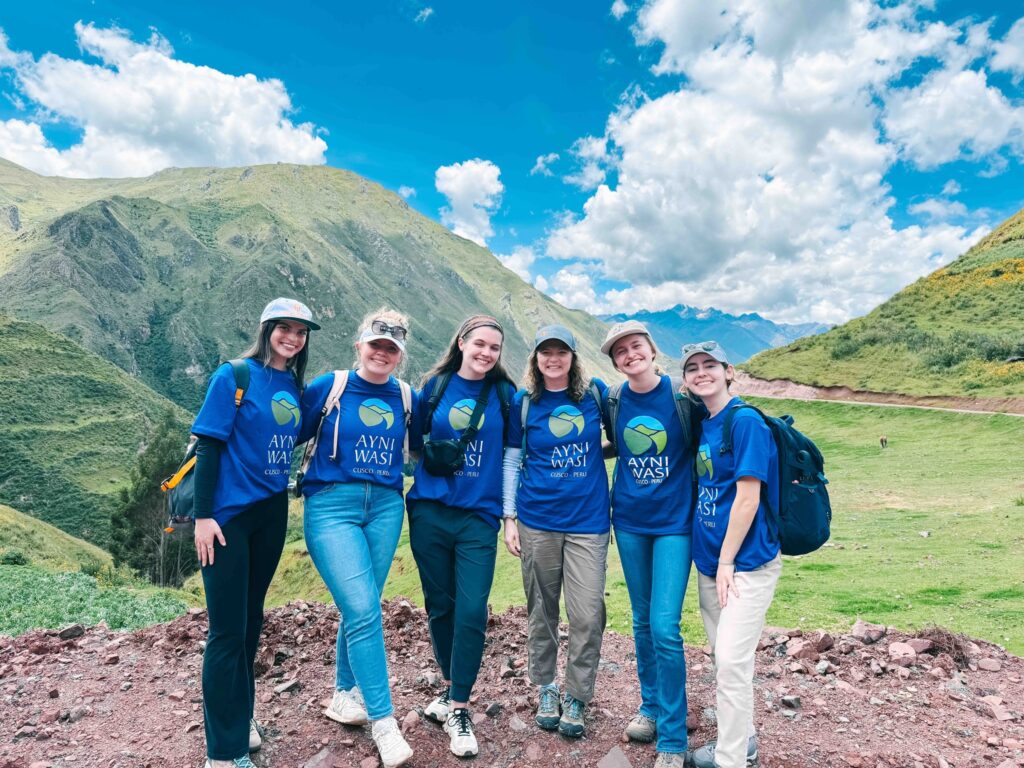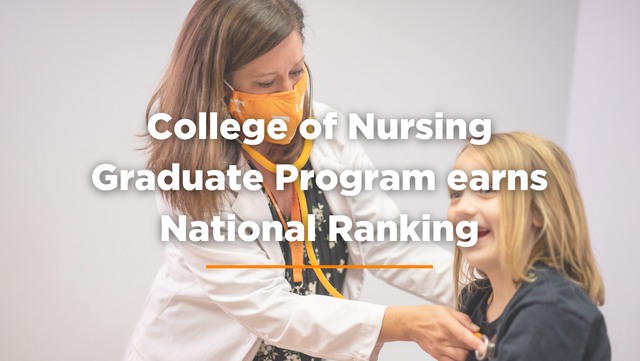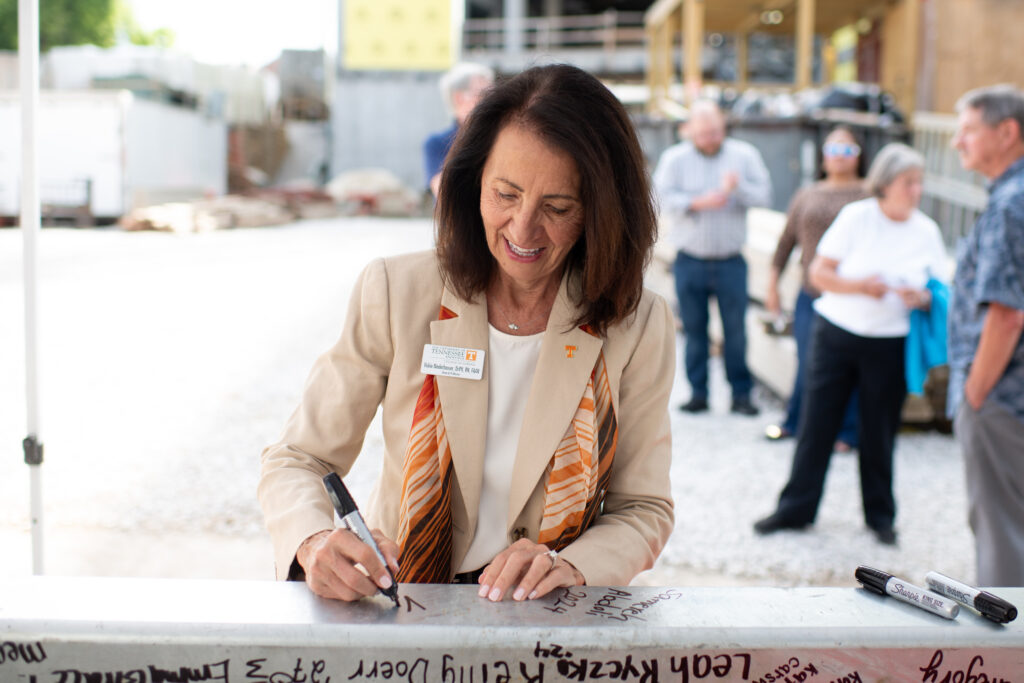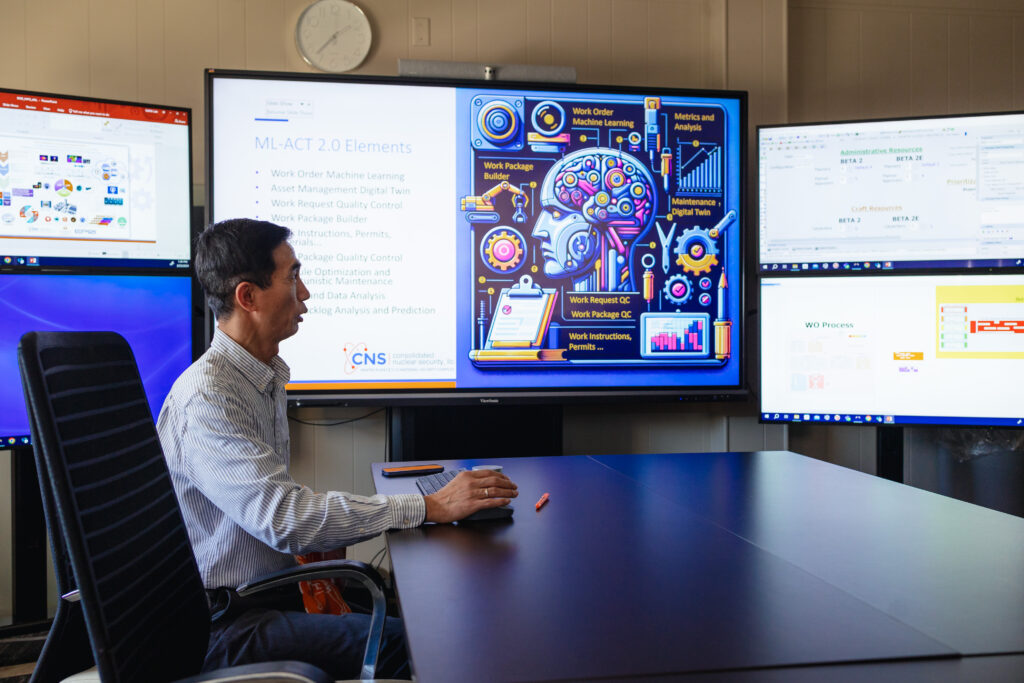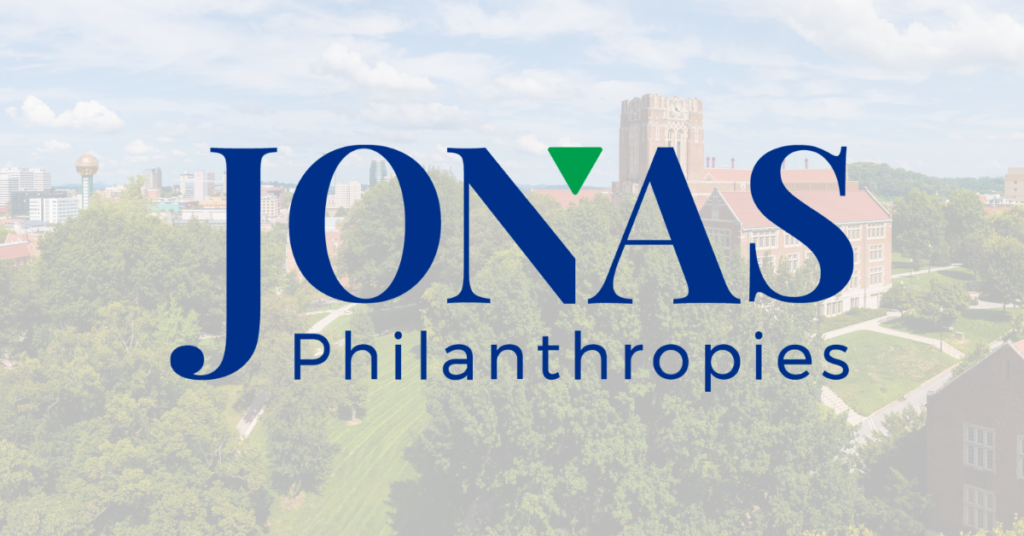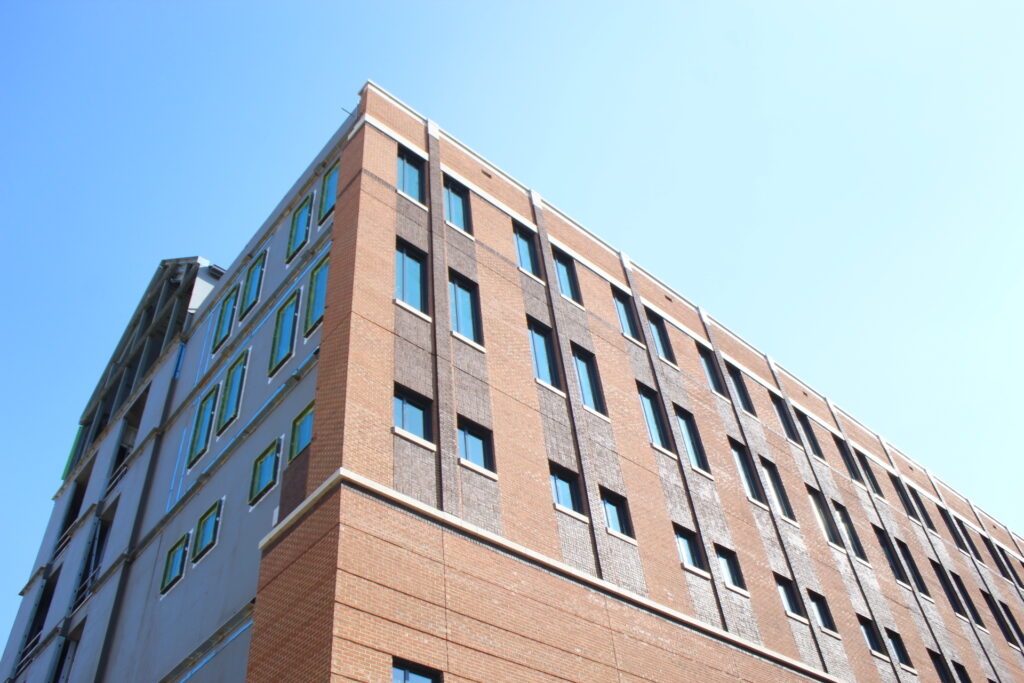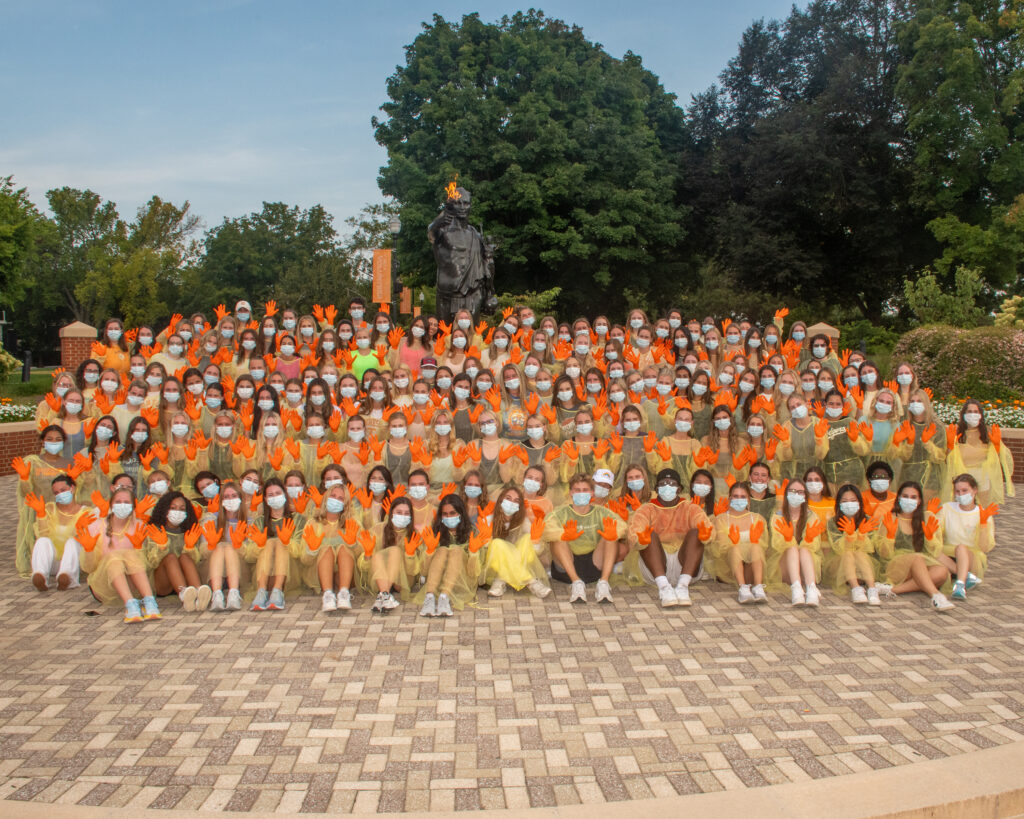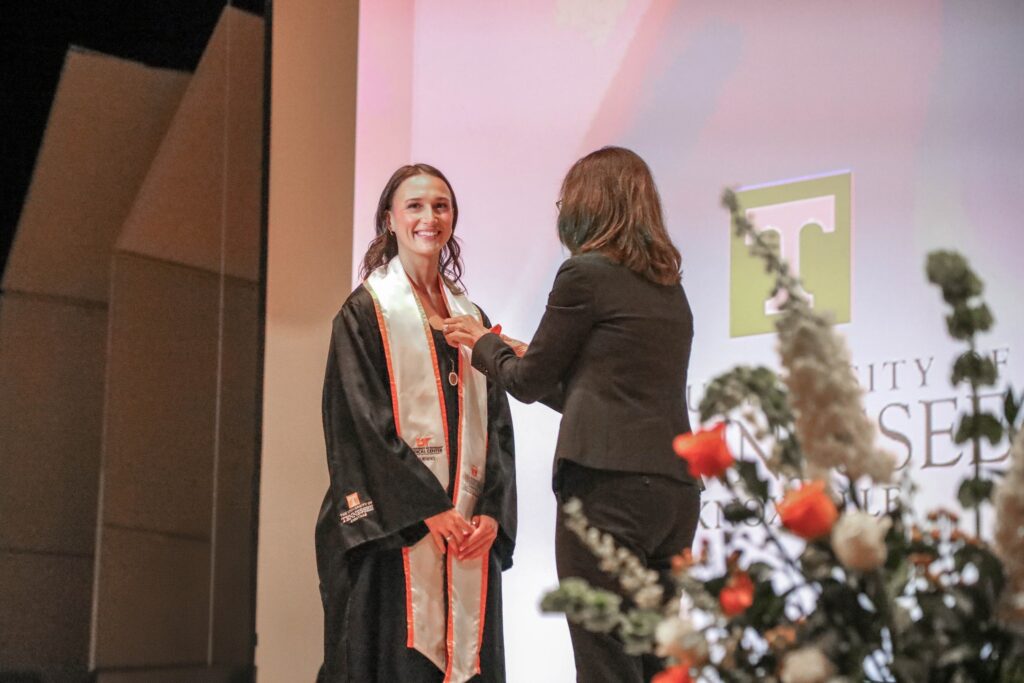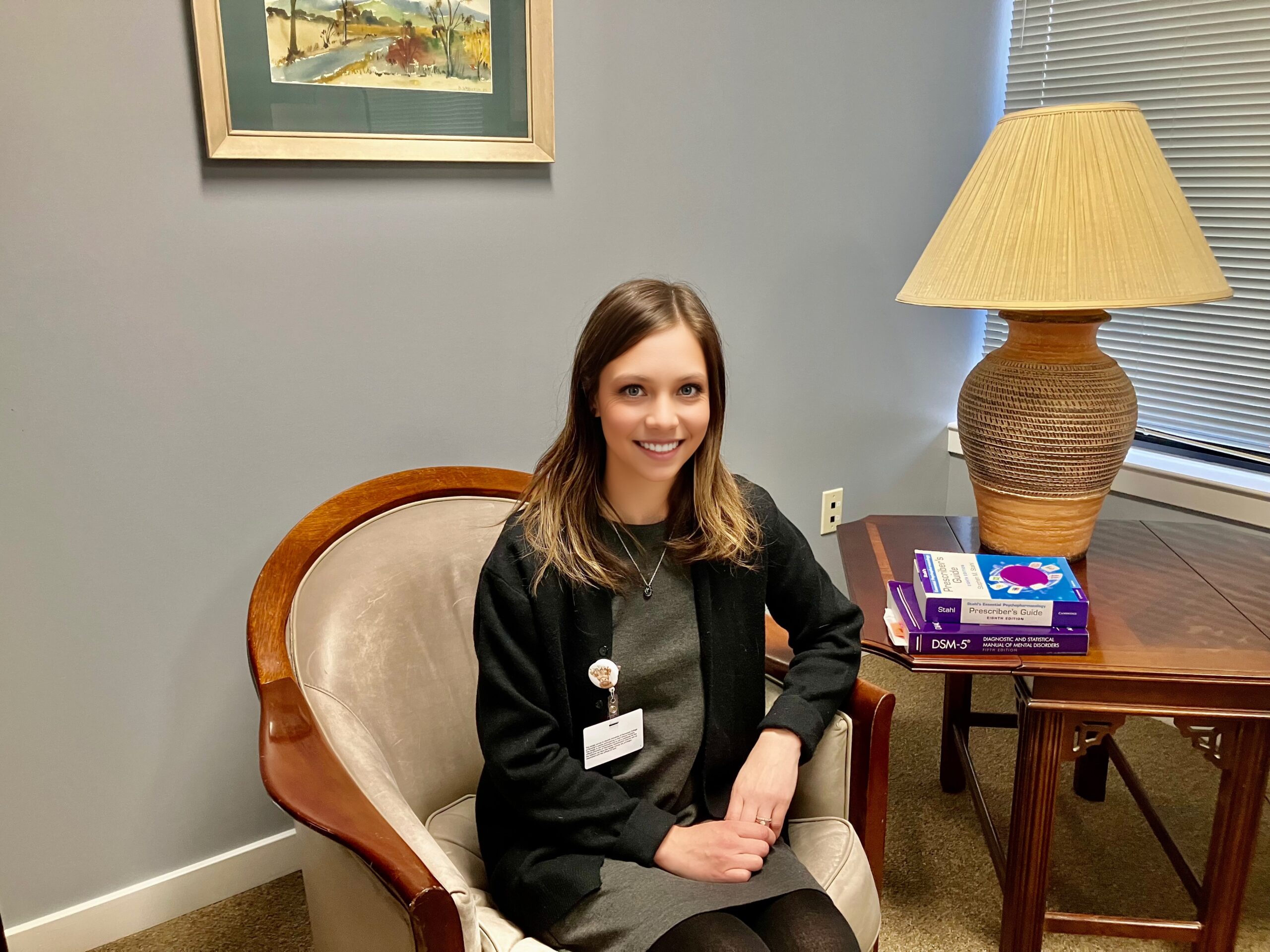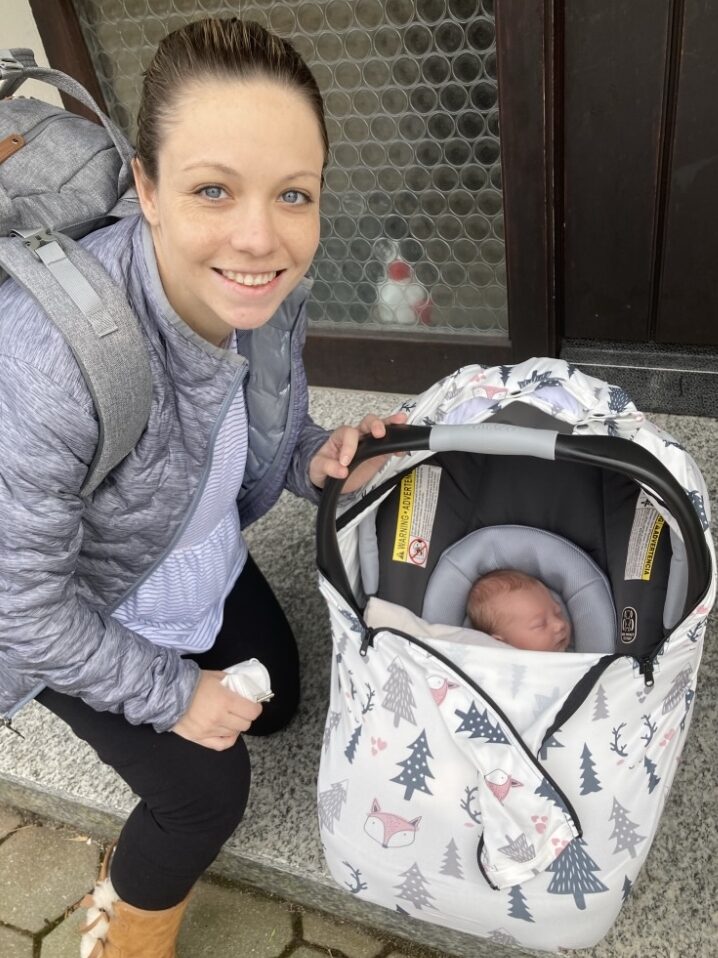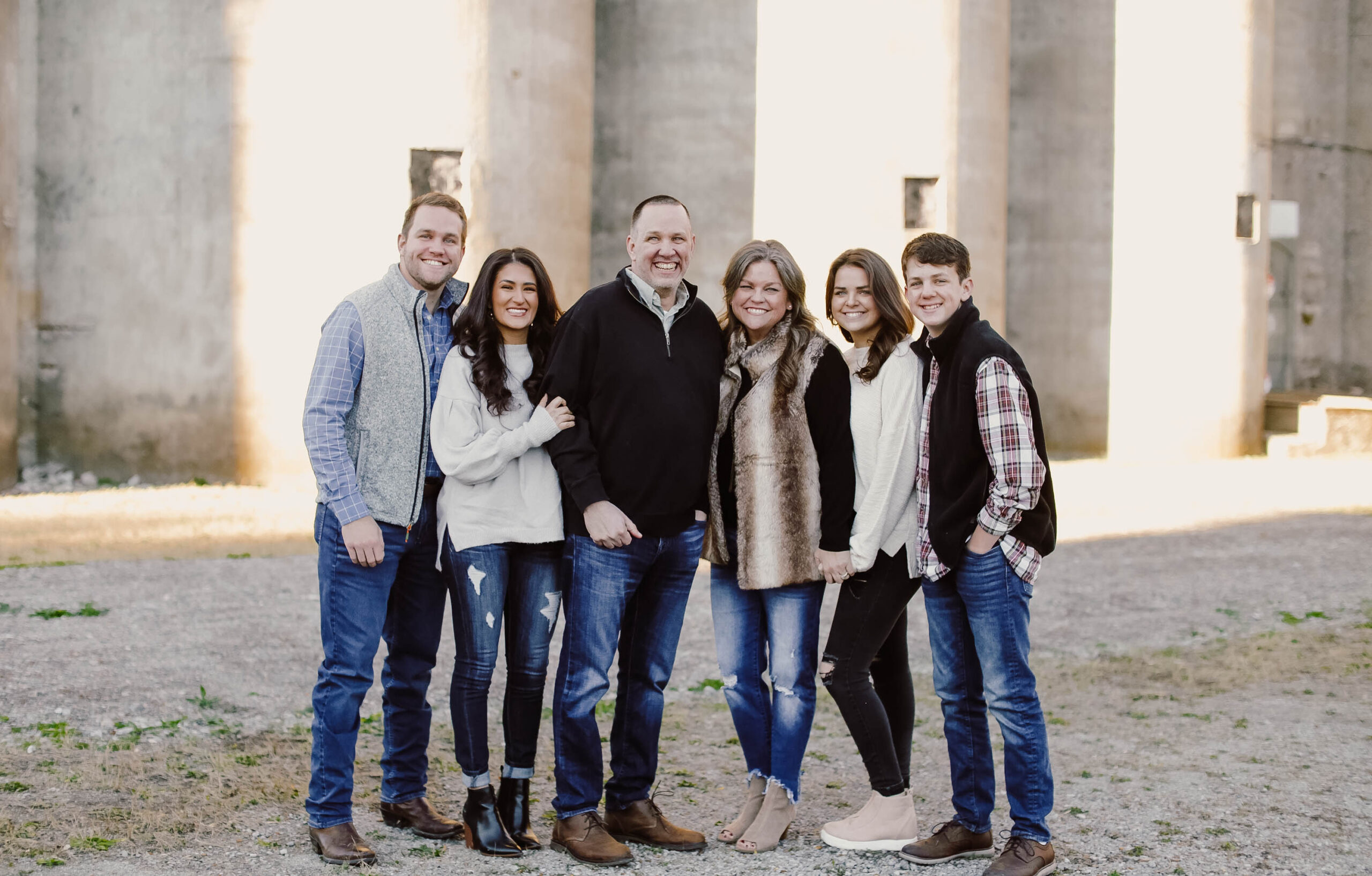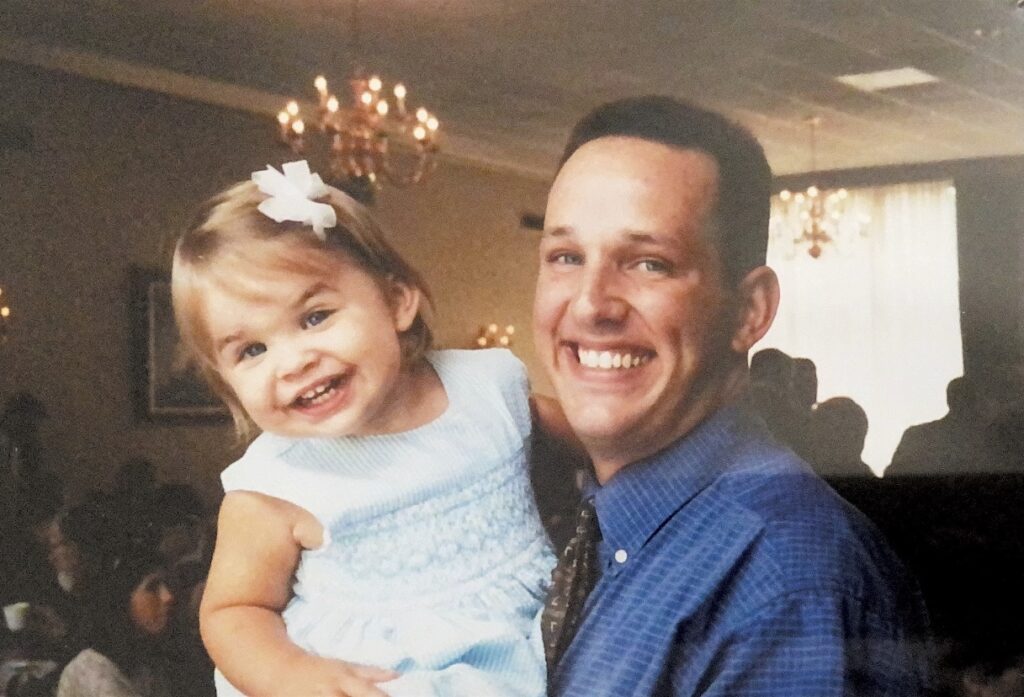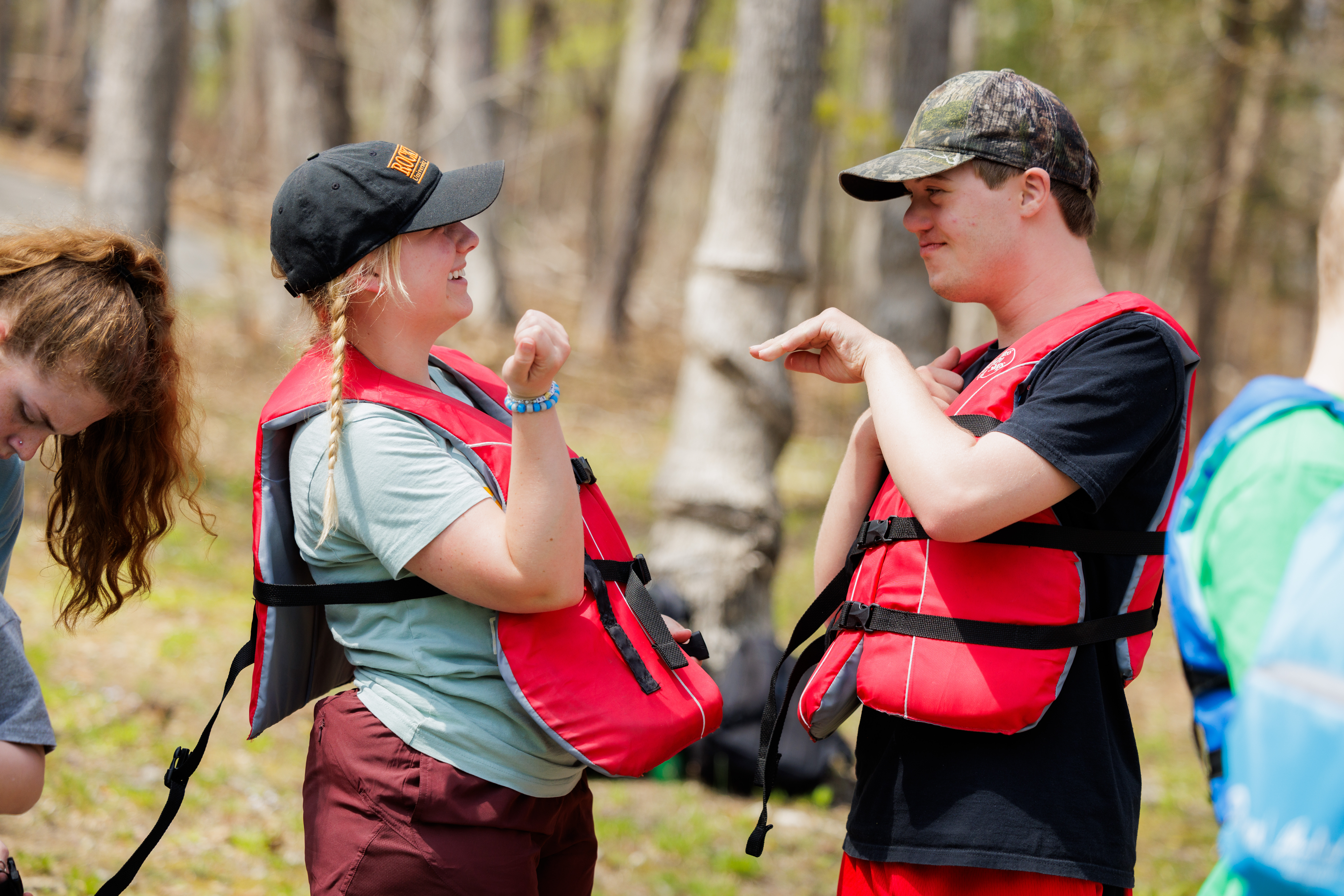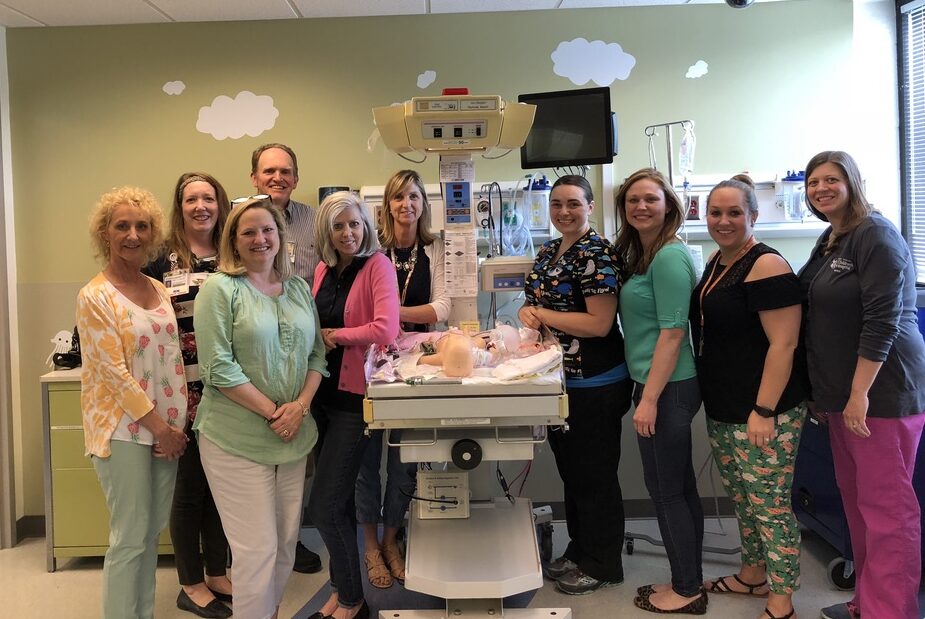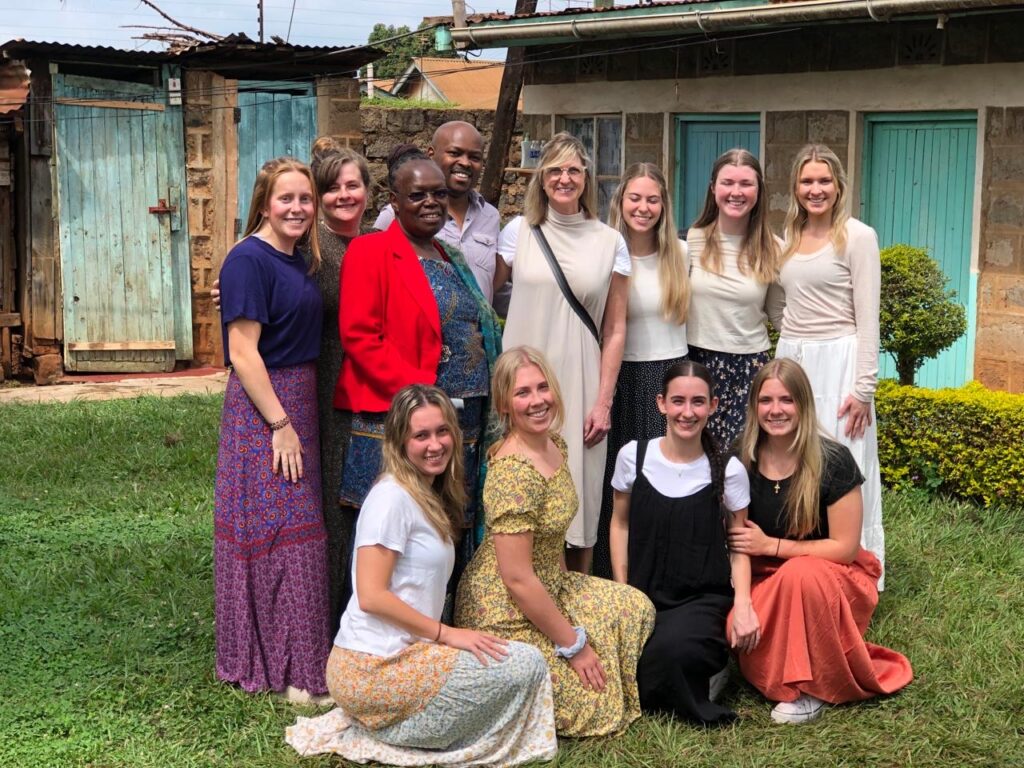With over 30 years of nursing experience and nearly 20 years as a practicing family nurse practitioner, Melissa Hessock brings a wealth of knowledge and dedication to the College of Nursing.
Currently serving as the post-master’s Doctor of Nursing Practice (DNP) concentration coordinator and interim director of international affairs, she is passionate about advancing nursing education, women’s health, and fostering global collaborations.

Throughout her career, Hessock has had the privilege of being part of countless impactful moments in patient care—both joyful and challenging.
“Over my years of practice and caring for women and families, I have had the honor of being invited to share impactful moments of great joy, grief, life-altering diagnoses, and health attainment,” shared Hessock. “But the impacts that mean the most to me in caring for patients are the small daily moments of providing a space where they feel seen and heard as an individual and empowered to make informed decisions about their care and health goals.”
As an educator, she strives to create that same environment with students, witnessing their “a-ha” moments and helping them build confidence to lead in health care.
Hessock’s journey to academia was led by a desire to create a broader impact beyond one-on-one patient interactions.
“After many years of practice as a nurse practitioner, I began to wonder how I could impact and improve care on a wider scale than one patient at a time,” said Hessock.
Observing gaps in evidence-based women’s health care, she pursued a DNP degree to drive change on a systemic level. This path led her to the College of Nursing.
“The foundation of what makes our college special is the genuine desire of faculty to connect with our students and support them in successfully achieving their academic and professional goals,” shared Hessock.
Beyond clinical skills, nursing requires empathy, resilience, and critical thinking. Hessock believes the best way to instill these qualities is by modeling them as educators.
“If we do not demonstrate these skills in our role as nurse educators, how can we expect our students to demonstrate this as nurses,” said Hessock. “We are lucky to be part of a large university community that is also committed to a holistic view of student success and wellness and provides numerous resources for academic success, social engagement, mental health, and physical health.”
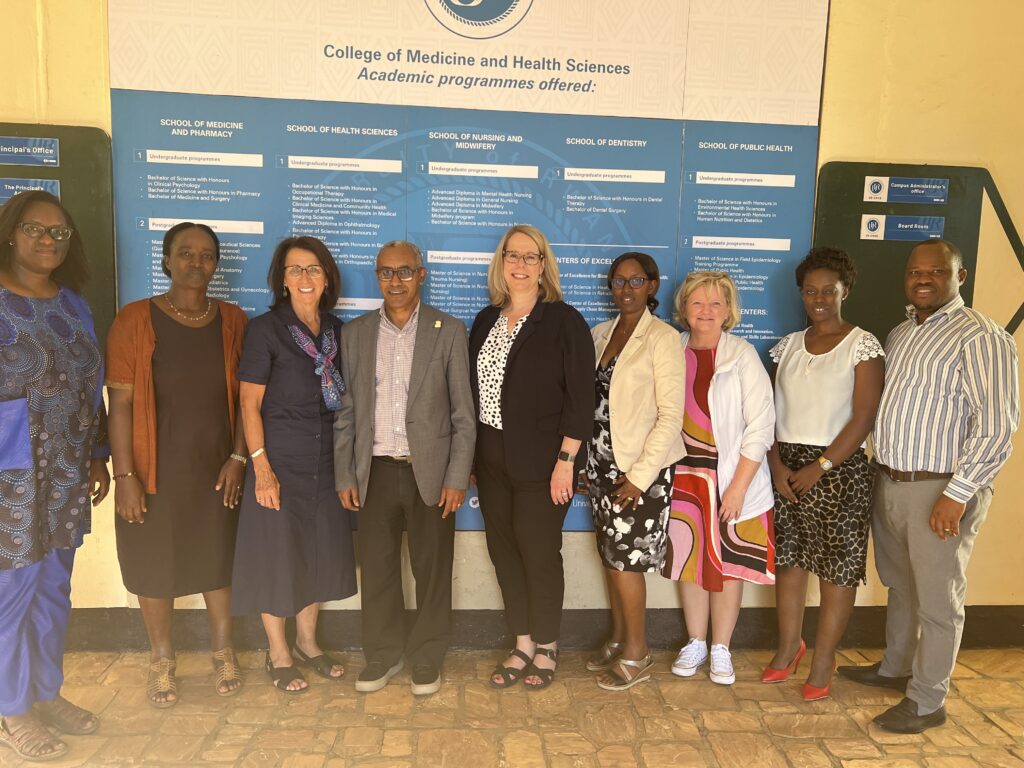
In Hessock’s current interim role, she gets the opportunity to work on international collaboration and take those skills across the globe.
“Having the opportunity to participate in and foster global experiences has only strengthened my belief that it is critically essential for nurse educators to promote cultural competence, a broad lens through which we view health and health care, and self-reflection to ensure unbiased and non-judgmental care provision,” added Hessock.
In 2023, she traveled on a cross-disciplinary East Africa Exploratory Delegation alongside university leaders.
“This trip allowed us to explore, develop, and strengthen opportunities for collaboration in Rwanda and Kenya,” shared Hessock. “It was very impactful for me to not only be exposed to different health care systems and resources in Africa but also to have the opportunity to develop a relationship with international nursing colleagues.”
Hessock also serves as a faculty member for on campus organizations.
“One of my favorite ongoing activities is serving as the faculty mentor for Period @ UTK. This is a campus-based student organization that serves to address period poverty through advocacy, education, and service,” said Hessock.
With Hessock’s deep commitment to patient-centered care, education, and global health initiatives, she is shaping the future of nursing—one student, one patient, and one collaboration at a time.
_____
CONTACT:
Kara Clark Cardwell (865-974-9498, [email protected])
